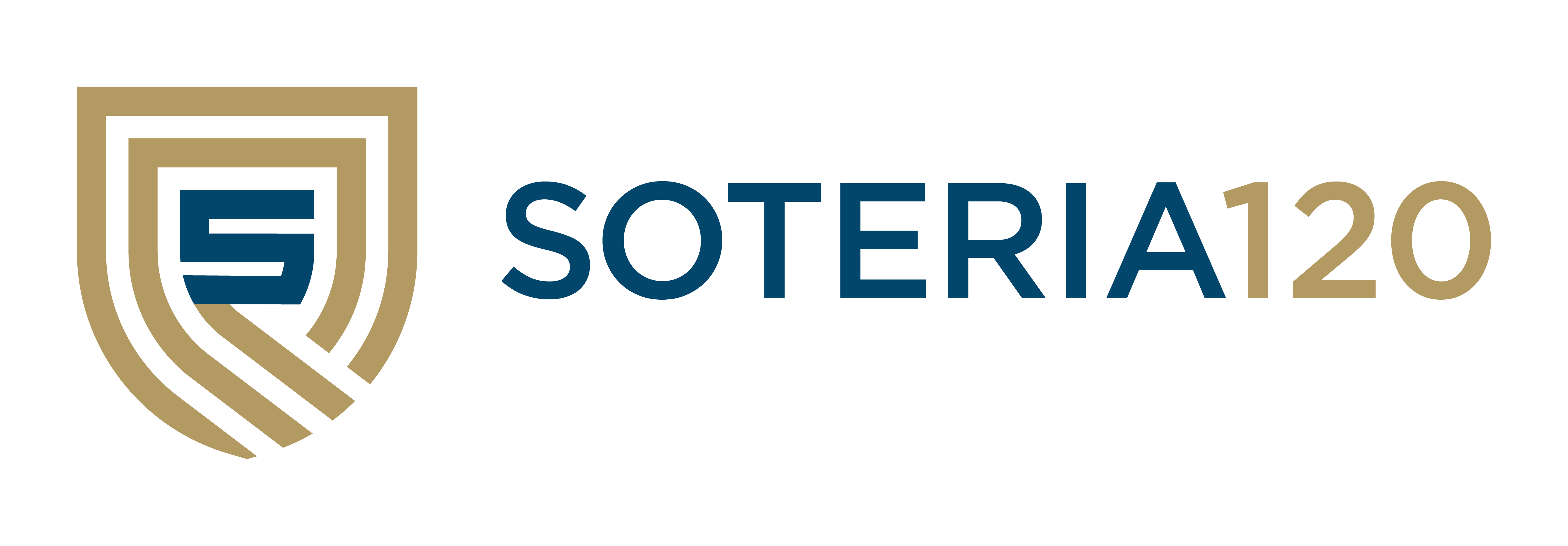Vicarious Stress or Secondary Stress
In the early stages of the current crisis, I found myself very reliant on the constant flow of updated news and information. Its very easy to watch the news 24/7. “OH, the Prime Minister is on, OH, the Mayor is speaking, OH another announcement, another restriction, another warning, another….and another.”
I recognized that particularly with a healthcare background, I felt like I was gaining comfort from being “armed with knowledge” and knowing “everything” there was to know about how to protect myself and others.
But I soon came to realize that this constant flow of information was becoming a source of what is called vicarious stress, and I’m sure that many people out there are feeling some sort of “burnout” from watching the news cycle. I truly needed to stop and reflect on how this constant flow of information was affecting my mental health.
Vicarious or Secondary stress may be defined as:
The mental and emotional stress we experience when exposed to the pain, trauma and fear others have endured
Causes of Vicarious or Secondary Stress:
- -Hearing stories of serious loss
- -Caring for others experiencing trauma
- -Over-exposure to violent or upsetting stories in the media
Symptoms may include:
- anxiety
- restlessness
- sleep disruptions
- feelings of everything from fear to anger to disconnectedness.
Everyone reacts to stresses differently, so it’s important to recognize changes in your mental health so you can adjust.
“Check yourself before you wreck yourself” applies here!
So how do we possibly avoid it with the current daily bombardment of new information on TV, radio, street signs and social media? I’ve gathered some tips below, in no particular order. Some have worked for me, some have not, so as always I encourage everyone to keep trying different strategies to see what works best for you as an individual (See Blog #1!)
Tips for Handling Vicarious or Secondary Stress
- Limit the amount of time you spend watching the news and/or social media. For some of us the news is scary, perhaps it makes us anxious, or maybe it makes us angry, hopeless or indifferent. Recognize the effects of social media and consider making changes to reduce your exposure.
- Talk to someone. This is always good advice. “Venting” is defined as letting go of built up pressure. If you don’t have someone to talk to, see the numbers I’ve included below. There are some great resources out there.
- Get help. Whether its for you, or others. If you are caring for someone who was/is experiencing trauma, do not hesitate to ask for help when you need it. If you need help, see the resources below or call the health service at 811.
- Distraction. As with many mental health issues, distraction might help you feel more balanced. Focus on something else, even for just a little while. Small tasks may help you feel a sense of normalcy or even accomplishment. Remember the smallest things can make the biggest difference. Often doing something for others helps us both feel better.
- Stick with trusted sources of information and be aware of misinformation. I try to rely on trusted sources such as AHS, the Provincial and Federal government websites and the Canadian Red Cross for information during this crisis. Our COVID-19 Business Survival Guide is built using only these types of sources.
- Rest and hydrate. And wash your hands!! The nurses aide in me must remind you that adequate rest and hydration helps EVERYTHING!
- Remember that caring for others includes taking care of ourselves as well.
Additional resources: see general public resources below.
If you require expanded resources specific to your situation, ie workplace trauma, first responder, expanded general public, send us a direct message and we can provide you with additional feedback for your individual needs.
Please note that the information contained in this blog is not meant as a substitute for professional counselling/treatment, or formal mental health training.
If you need help, resources or just someone to talk to:
Call or text 211
Chat (or search resources) online at www.AB.211.ca or
Call or text the 24-hour crisis line at 403-266-HELP (4357)
If you or someone else is a danger to themselves or others please DIAL 9-1-1
